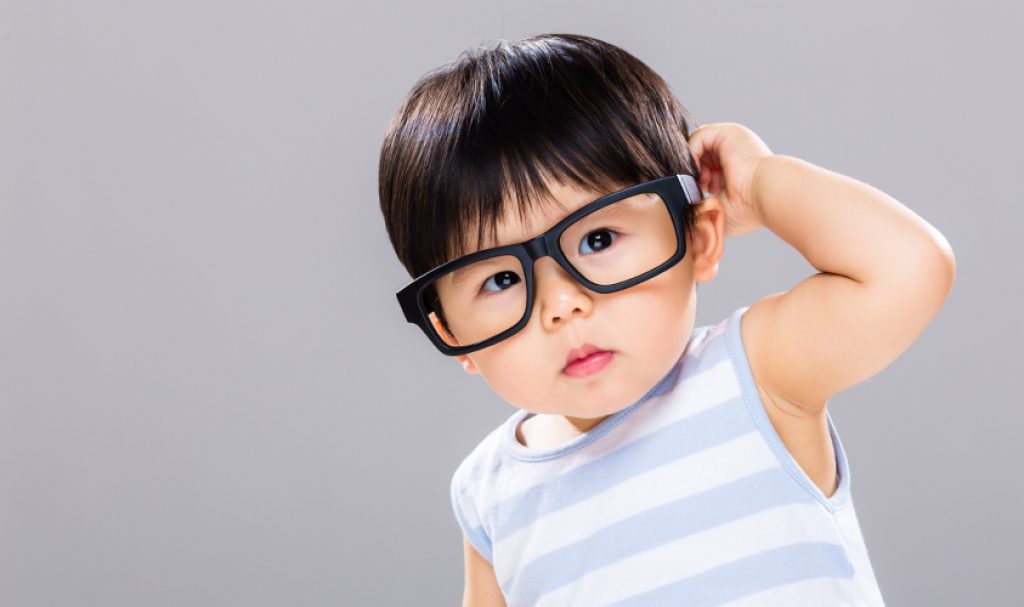When Your Child Sees Clearly Far Away, But Struggles Up Close
Hyperopia, or farsightedness, is a common vision condition in children. It affects the ability to see clearly at close range, making activities like reading, writing, or using digital devices more tiring. In some children, significant hyperopia can also cause eye strain, misaligned eyes (strabismus), or even lazy eye (amblyopia).
At London Eye & Retina, we help families recognise the signs of hyperopia early, manage symptoms, and support their child’s visual development in the classroom and beyond.
What Is Hyperopia?
Hyperopia occurs when the eyeball is shorter than normal, or the cornea is flatter than it should be. As a result, light rays entering the eye focus behind the retina rather than directly on it, causing nearby objects to appear blurry.
Mild hyperopia is common in young children and may not require correction. But in some cases, especially with moderate to high hyperopia, the child may experience visual discomfort and problems with learning or attention.
What Causes It?
Hyperopia can be:
- Hereditary – often runs in families
- Related to eye growth – as the eye grows, the condition may reduce over time
- Linked to coordination issues between the eyes, particularly when one eye is more farsighted than the other (anisometropia)
Children with untreated hyperopia may unconsciously over-focus (accommodate), which can lead to fatigue and headaches during prolonged near work.
Signs of Hyperopia in Children
Farsightedness can be harder to detect than short-sightedness because children may not complain. Some signs to look for include:
- Squinting while reading or drawing
- Holding books at a distance
- Eye rubbing, blinking, or tearing during near tasks
- Poor reading stamina or loss of place when reading
- Headaches or eye strain after school
- Avoiding homework or fine-motor activities
- One eye turning in (strabismus), especially when tired
Because children may not realise they are seeing differently, routine vision checks are essential.
How Is Hyperopia Diagnosed?
At London Eye & Retina, we conduct age-appropriate and child-friendly eye assessments. This includes:
- Visual acuity testing for near and far
- Cycloplegic refraction – using eye drops to relax the eye’s focusing muscles for an accurate reading
- Binocular vision testing – to check eye coordination
- Eye alignment evaluation to rule out strabismus
- Fundus and anterior segment examination to assess the overall health of the eyes
These tests help determine if correction is needed and if the hyperopia is contributing to other issues like lazy eye or eye misalignment.
Do All Children with Hyperopia Need Glasses?
Not necessarily. Many children with mild hyperopia can see well without glasses because their eyes are able to compensate naturally. Glasses are usually recommended if:
- The child has moderate to high hyperopia
- There is a difference in prescription between the two eyes
- The child is showing symptoms like eye strain or headaches
- There are signs of strabismus or amblyopia
The goal is to ensure the child has comfortable, stable vision that supports learning and development.
Treatment and Management
Management typically involves:
- Prescription glasses – to relieve eye strain and help the child focus clearly
- Monitoring for amblyopia (lazy eye) – especially if there’s a significant difference between the eyes
- Patching therapy – in some cases where one eye is significantly weaker
- Regular follow-up – to track prescription changes as the eyes grow
Some children may eventually outgrow their need for glasses as their eyes develop.
Support Your Child’s Vision Early
Hyperopia can affect more than just reading, it can impact learning confidence, classroom participation, and attention span. With early diagnosis and the right support, most children do very well.
Book a children’s eye screening at London Eye & Retina to check for hyperopia and other refractive issues that may affect your child’s learning and quality of life.
Clear Vision, Confident Learning


